Homarus is a homeopathic remedy prepared from the digestive fluid of the live lobster. It is primarily indicated for dyspepsia, sore throat, and headaches.
This remedy is particularly useful for frontal and temporal headaches, sore throat with burning sensation and tough mucus, stomach and abdominal pain relieved by eating, belching, chilliness, pain all over the body, and itching of the skin.

Table of Contents
ToggleSOURCE INFORMATION
Scientific Classification
- Kingdom: Animalia
- Phylum: Arthropoda
- Subphylum: Crustacea
- Class: Malacostraca
- Order: Decapoda
- Family: Nephropidae
- Genus: Homarus
- Species: Homarus americanus (American lobster), Homarus gammarus (European lobster)
Origin
- Homarus is derived from the digestive fluid of the live lobster, a crustacean found in marine environments.
- Lobsters are well-known for their digestive enzymes, which aid in the breakdown of food in their digestive system.
Historical Facts
- Lobsters have been consumed as food for centuries, and their medicinal properties have been recognized in various traditional medicine systems.
- The use of lobster digestive fluid in homeopathy reflects the principle of using substances from nature to stimulate the body’s healing response.
DRUG PATHOGENESIS
- Relieves symptoms of dyspepsia, sore throat, and headaches.
- Addresses frontal and temporal pain, soreness in the eyes, sore throat with burning and tough mucus, stomach and abdominal pain.
- Symptoms worsen from consuming milk and after sleep.
- Symptoms improve with motion and after eating.
KEY CHARACTERISTICS
Dyspepsia: This refers to indigestion or upset stomach, characterized by discomfort or pain in the upper abdomen. Homarus is indicated when there are symptoms of dyspepsia, such as pain or discomfort in the stomach and abdomen, which are relieved after eating.
Sore Throat
- Soreness, Rawness, and Burning Sensation: The throat feels sore, raw, and burns, indicating inflammation and irritation.
- Tough Mucus: The presence of tough mucus in the throat adds to the discomfort and difficulty in swallowing or speaking.
Headache: Homarus addresses headaches, particularly frontal and temporal pain. These types of headaches primarily affect the front and sides of the head.
Soreness in Eyes: There may be accompanying soreness or discomfort in the eyes, suggesting a possible connection between the throat and eye symptoms.
Belching: This refers to the release of gas from the stomach through the mouth, which can provide relief from abdominal discomfort or bloating.
Chilliness and Pain All Over: Homarus is indicated when there is a sensation of chilliness accompanied by generalized pain throughout the body. This suggests a systemic response to the underlying condition.
Itching of Skin: Itching of the skin is another symptom that may be present, indicating possible allergic or inflammatory reactions.
MODALITIES
- Worse from milk, after sleep.
- Better from motion, after eating.
WHAT ARE MODALITIES IN HOMOEOPATHY?
RELATIONSHIP WITH OTHER DRUGS
DOSE
- Homarus is typically administered in the sixth potency.
Frequently Asked Questions
Q: What is Homarus used for?
A: Homarus is primarily used for relieving symptoms of dyspepsia, sore throat, and headaches.
Q: Where does Homarus originate from?
A: Homarus is derived from the digestive fluid of the live lobster, found in marine environments.
Q: How is Homarus prepared?
A: Homarus is prepared by diluting and succussing the digestive fluid of the live lobster to create a homeopathic remedy.
Q: What are the key characteristics of Homarus?
A: Homarus is known for its effectiveness in relieving dyspepsia, sore throat, and headaches, with symptoms worsening from milk and after sleep, and improving with motion and after eating.
Meaning of Difficult Words
- Dyspepsia: Indigestion or upset stomach.
- Sore throat: Pain or irritation in the throat.
- Modalities: Conditions that affect the symptoms, such as factors that worsen or improve them.
- Potency: The dilution and succussion process used in preparing homeopathic remedies, which increases their therapeutic strength.




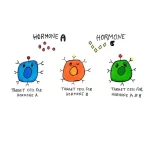

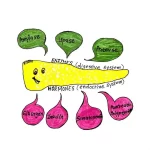
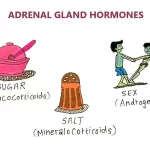

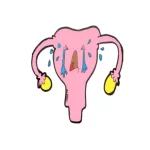

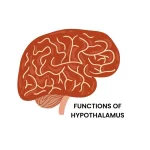

Leave a Reply